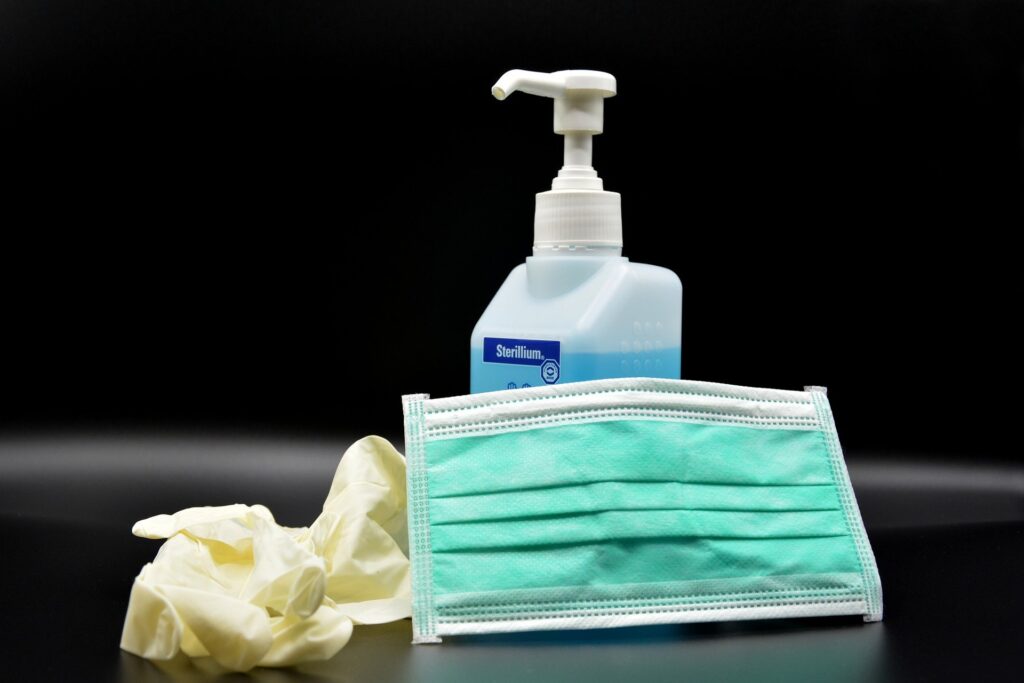 When the world began locking down for coronavirus, did anybody think that extended lockdowns would change the way we drive? Probably not. Yet in cities around the world, this is exactly what is happening. Coronavirus and the respiratory disease it causes, COVID-19, are changing city driving habits. Some of those changes might be for the good.
When the world began locking down for coronavirus, did anybody think that extended lockdowns would change the way we drive? Probably not. Yet in cities around the world, this is exactly what is happening. Coronavirus and the respiratory disease it causes, COVID-19, are changing city driving habits. Some of those changes might be for the good.
In cities like London and New York, municipal authorities have begun creating newly designated bike lanes in hopes of dissuading people from both driving and taking public transport. The goal is to get them to ride their bikes more often. If they do not own bikes, local authorities would rather they walk.
Perhaps the most profound effect we’ve seen is the elimination of parking spaces, and sometimes the closing of entire streets, to accommodate outdoor dining for restaurants, cafés, and pubs. Cars are giving way to tables and chairs. What used to be parking spaces are being transformed into dining spaces.
Trying to Keep Business Alive
England is one place where you’ll find a lot of parking spaces being replaced by parklets. The practice is most prevalent in bigger cities like London and Manchester. In fact, London’s mayor has been leading the drive to eliminate parking spaces in favour of outdoor gathering areas for some time.
For the record, it is all in the name of keeping businesses alive. Governments at many levels are not allowing restaurant and café owners to operate at 100% capacity. They are requiring the use of face masks in indoor areas. Business owners say they cannot survive under such conditions. So what’s the compromise? Letting them move their businesses outdoors.
The so-called parklets are pretty easy to create. All you need are some temporary safety barriers to separate vehicle traffic from tables. If you want to get really fancy, you can dress the barriers up with banners, fabric covers, and small pieces of art. Some businesses have gone as far as to create partial walls that look an awful lot like the walls inside their buildings.
Creating New Outdoor Spaces
Temporary barriers with a few decorations are not enough for the truly enterprising. Those wanting more are creating entirely new outdoor spaces by putting down wood floors and borders featuring large planters. In some cases, you would be forgiven for not believing there was a street underneath. Some business owners have done such a good job that they are blurring the lines between permanent and temporary outdoor dining spaces.
The question becomes what happens to these new outdoor spaces after the pandemic is declared officially over. Common sense dictates that the parklets would be dismantled and returned to the driving public. But what if business owners get used to the extra seating to the extent that they do not want to give it up?
It is not hard to imagine London’s mayor telling local business owners they can keep their new outdoor spaces. After all, London is a city that has been trying desperately to reduce car traffic for more than a decade. This could be an excellent opportunity for city officials to permanently reduce the number of cars travelling within city limits.
Cutting Down on the Cars
Imagine 1,000 parking spaces being eliminated in London. If a single parking space accommodates 12 cars per day over 24 hours, you are looking at 12,000 fewer cars parked on city streets. Chances are that total car traffic in that section of town would be reduced by a measurable degree. After all, consumers will not drive their cars to neighbourhood businesses if they cannot find a place to park.
Whether this is good or bad depends on your point of view. If you are a business owner, you probably wouldn’t mind fewer cars as long as it didn’t reduce your foot traffic. You don’t care how people get to your place of business as long as they get there.
If you are the kind of person who favours getting rid of the internal combustion engine, you would probably be thrilled to learn that the city of London successfully reduced daily traffic by tens of thousands of cars. The more cars eliminated from city streets, the less noise and pollution. This could be a very good thing for you.
Finally, you might be the type of person who sees eliminating parking spaces as an infringement on personal freedom and property rights. You are likely to find the whole thing rather unpleasant, maybe even a bit disconcerting. You want parking spaces returned to the driving public as quickly as possible.
Regardless of your position on the matter, there is some good news to take away from all of this. That good news is the fact that government leaders, business owners, and consumers have found a compromise that allows businesses to stay above water as we all try to stay safe from the coronavirus. The situation might not be ideal, but it is workable. It will continue to be workable as long as everyone does his or her part.